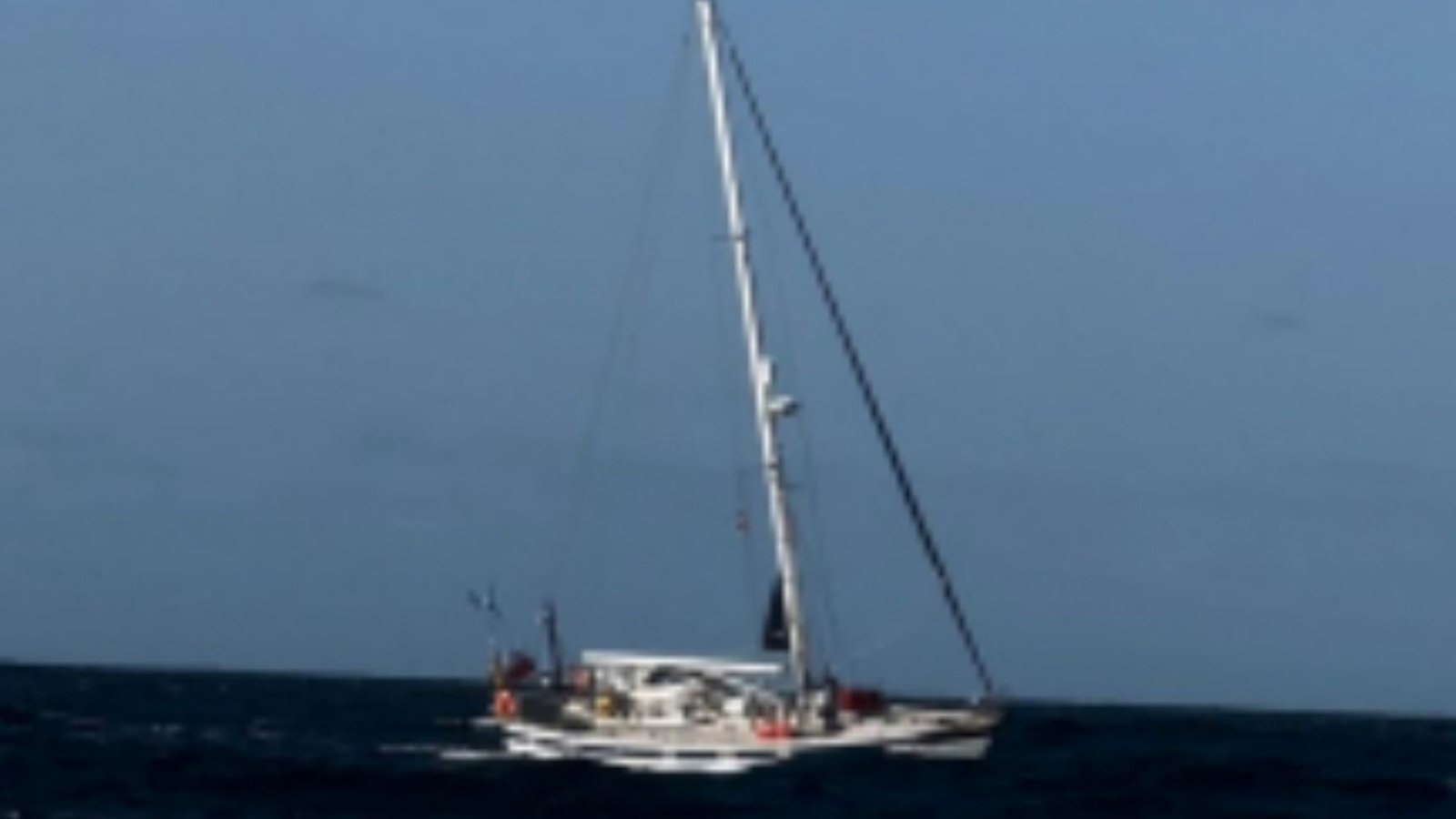
ORCAS have attacked yet another yacht in Spain but scientists claim they view the ship part as a toy and are engaging in harmless “fun”.
Crew in Galicia, northwestern Spain, were forcibly towed back to safety after a cheeky killer whale started playing with its rudders.
The pods damaged the boat’s steering mechanism in choppy seas with 10ft high waves, leaving the Belgian crew unable to manoeuvre it and they drifted off to Cape Finisterre.
A crew member aboard the Amidala boat was so severely wounded she was airlifted by Maritime Rescue and her hand was treated in hospital.
But experts insist the spate of unfortunate orca attacks are innocently explained – even though Amidala deviated from its route.
The new theory from the International Whaling Commission and Portugal claims orcas use a yacht’s rudder as a plaything to secure tuna.
Killer whales traditionally feast on bluefin tuna.
They are thought to use the rudder to train themselves to catch tuna because bluefin tuna but the fish travel at high speed.
It’s believed the hulls of small to medium-sized vessels are regarded as training toys.
The group, backed by the governments of Spain and Portugal, say the small whales are not malicious, and call for another label to describe the attacks.
“The conclusion of the experts is that interactions in the Iberian Peninsula between orcas and boats are not aggressive.
“They have more elements similar to play or socialising behaviour than aggression.
“The use of terms such as attack to describe these acts is therefore inappropriate, misleading and must cease.”
However, they acknowledged that the incidents scare sailors off and can cause hefty and inconvenient damage to both boats and passengers.
While the vessel in the Spanish coast didn’t sink, many yachts do, and a string of orca attacks have been reported to authorities.
Scientists from the report, which was released within a week of the Galicia incident, said sailors should be given “timely advice” to minimise risk of attacks and guarantee the orcas’ wellbeing.
The experts suggested that yachts’ rudders could be made from a less attractive abrasive material to discourage orcas from clinging on to them.
They also proposed that crew intimidate the whales with things like weighted ropes which may put them off approaching a vessel.
Last month, Brit Robert Powell, 59, was targeted by a pod of killer whales in the Mediterranean Sea when they started to circle his doomed 39ft boat “like wolves” before smashing it up.
His vessel eventually capsized in the Strait of Gibraltar as just one of several orca attacks in the region within the last three years.











